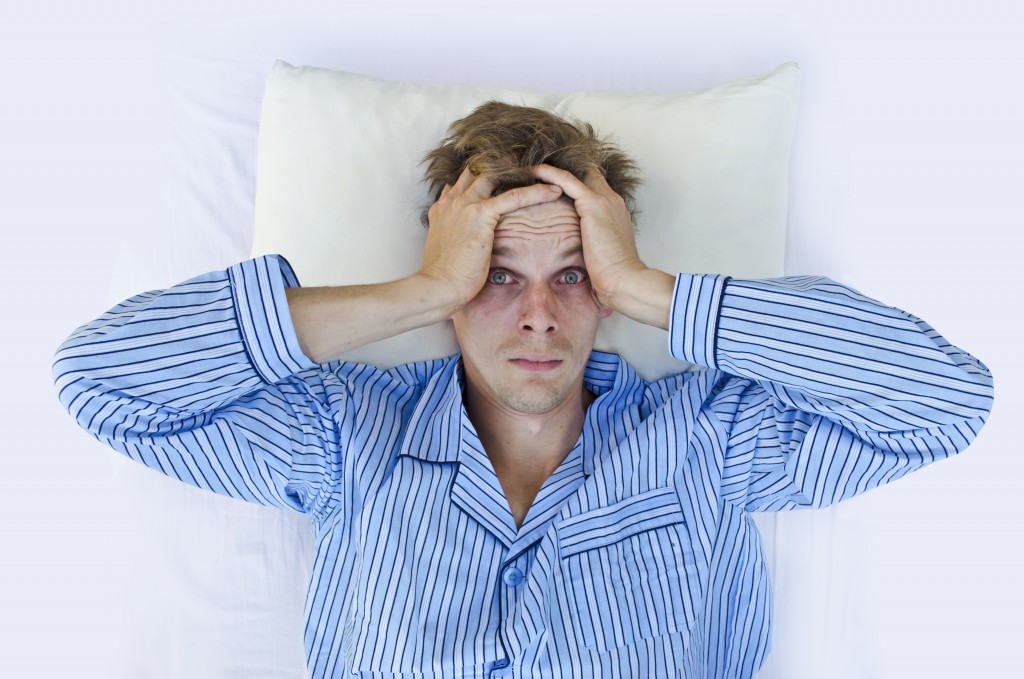Sleep is considered a form of recharge for the human body. It is integral that we sleep adequately and correctly. How do we know if we are getting good quality sleep?
What is good sleep quality?
Good sleep quality, based on key indicators released by the National Sleep Foundation (NSF), has the following quantities:
- Spending more time asleep while lying in bed
- Falling asleep within 30 minutes or less
- Having sleep interruptions not more than once per night
- Being conscious for around 20 minutes after initially falling asleep
These findings by NSF’s panel of experts were gathered from Americans’ use of sleep technology devices that give the users themselves and experts a glimpse of the users’ sleep universe. An individual’s sleep universe will be otherwise left unknown if not for the invention and subsequent use of sleep technology devices such as:
- Fitness trackers
- Smart beds and external sleep monitors
- Sleep environment optimization devices
The NSF has guidelines on the correct sleep duration and quality. Users and experts themselves are given these technologies and set guides on understanding sleep patterns and to address perceived issues. This will give both parties the chance to analyze if everything is going as they should or if something needs further investigation.
Who should we talk to if we have sleep issues?
The ideal world will have us visiting our primary care doctors at least once a year to spend time—hopefully long enough—to bring up our current health status and existing concerns.
Our primary care physician may ask how we are doing in general, if we are engaging in adequate physical activities, eating right, and sleeping well, among others. However, according to data gathered by the National Center for Biotechnology Information of the U.S. National Library of Medicine (NCBI, NLM), the average time patients and primary care doctors spend during visits is 17.4 minutes.
That is less than half an hour dedicated to talking about our medical concerns. Since our primary care physicians are the first medical experts we can think of to discuss our health issues with, are they also the right ones to consult regarding our sleep problems? Do medical doctors who specialize in addressing sleep issues exist?
Are there sleep doctors?
Sleep doctors are not called as such. They are physicians with expertise in primary care, internal medicine, pulmonology, psychiatry, neurology, ENT (Ears, Nose, and Throat), otolaryngology, and dentistry. Doctors who are certified or credentialed in sleep medicine are primarily trained in the aforementioned areas. They undergo additional studies and training to interpret sleep studies professionally and practice sleep medicine.
Who are the specialists in sleep medicine?

Pulmonologists
Pulmonologists are familiar with sleep disorders such as obstructive sleep apnea (OSA), affecting two to nine percent of adults in the U.S. This condition’s characteristics include frequent interruptions in your breathing while you are asleep. They are also experts in other diseases such as chronic respiratory diseases (COPD), asthma, and other breathing disorders related to sleep apnea.
Neurologists
Your primary care physician usually will not refer you to a neurologist after suspecting the presence of OSA as the root of your sleep problems. You will get referred to neurologists when you exhibit other symptoms that may point to an existing neurological cause of OSA symptoms. Similar to pulmonologists, they may also choose to be boarded to practice sleep medicine and to affiliate with sleep centers to interpret their own sleep medicine studies.
ENTs
An ENT or otolaryngologist is the one who deals with problems in the ears, nose, and throat. A blockage in the throat causes OSA. This makes ENTs the go-to specialists because they can interpret symptoms in that part of our bodies. These specialists typically recommend surgical procedures to treat sleep apnea or snoring.
Dentists
Dentists have a great opportunity to address sleep issues from OSA and bruxism, or teeth grinding during sleep. These specialists offer alternatives to continuous positive airway pressure therapy (CPAP), which is the only known treatment for OSA that is 100 percent effective. Dentists offer suitable patients to undergo oral appliance—the use of dental devices to keep throat tissue from sagging into the windpipe—decreasing chances of blockages. The clinic of Rod W. Gore DDS offers this type of treatment for patients with OSA and persistent snoring issues.
Psychiatrists
Psychiatric doctors have the largest share of patients with sleep disorders. The disorders can be insomnia, narcolepsy, sleep apnea, etc. sleep disorders can affect mood, anxiety, depression, sex drive, etc. Psychiatrists are highly likely to ask how you are sleeping as an opportunity to identify potential sleep disorders that need treatment. Being referred to the right specialist will aid in getting better sleep quality. It is important to note that sleeping problems should be treated immediately because they can cause serious medical problems.

